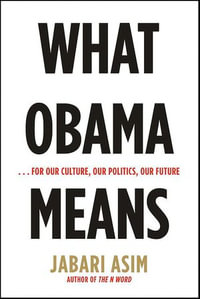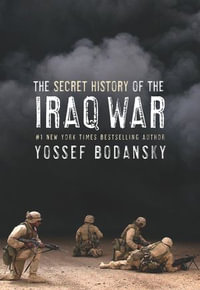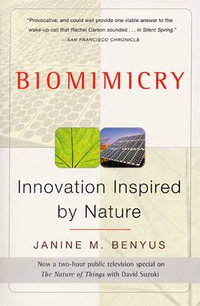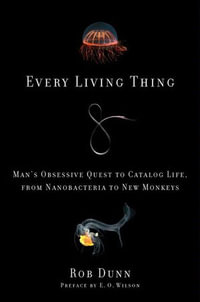
Frontline and Factory
Comparative Perspectives on the Chemical Industry at War, 1914-1924
By: Roy MacLeod, ?Jeffrey A. Johnson
eText | 6 May 2007 | Edition Number 1
At a Glance
eText
$269.01
or
Instant online reading in your Booktopia eTextbook Library *
Read online on
Desktop
Tablet
Mobile
Not downloadable to your eReader or an app
Why choose an eTextbook?
Instant Access *
Purchase and read your book immediately
Read Aloud
Listen and follow along as Bookshelf reads to you
Study Tools
Built-in study tools like highlights and more
* eTextbooks are not downloadable to your eReader or an app and can be accessed via web browsers only. You must be connected to the internet and have no technical issues with your device or browser that could prevent the eTextbook from operating.
ISBN: 9781402054907
ISBN-10: 1402054904
Published: 6th May 2007
Format: PDF
Language: English
Publisher: Springer Nature
Edition Number: 1
You Can Find This eBook In
This product is categorised by
- Non-FictionBusiness & ManagementManagement & Management TechniquesManagement of Specific AreasProduction of Quality Control Management
- Non-FictionWarfare & DefenceWeapons & EquipmentChemical & Biological Weapons
- Non-FictionHistoryGeneral & World History
- Non-FictionScienceChemistry
- Non-FictionEngineering & TechnologyIndustrial Chemistry & Manufacturing TechnologiesIndustrial Chemistry
- Non-FictionScienceScience in GeneralHistory of Science
- Non-FictionPolitics & Government
- Non-FictionEconomicsPolitical Economy
- Non-FictionHistory
- Non-FictionEconomics
- Society & Social Sciences
























